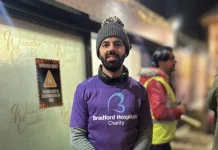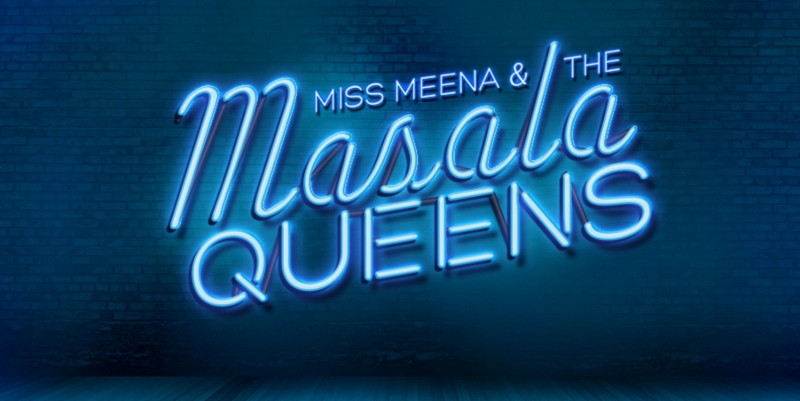
Leeds has launched a major new initiative to tackle anti-Muslim prejudice, unveiling a comprehensive toolkit at a high-profile event on Monday 17th November.
Attended by Leader of Leeds City Council – councillor James Lewis, Imam Qari Asim MBE, West Yorkshire’s first Inclusivity Champion – Fatima Khan-Shah, Chief Officer at Safer Leeds – Paul Money, alongside senior civic figures, academics, community organisers and representatives, including Asian Express.
The launch of the ‘Tackling & Understanding Anti-Muslim Prejudice Toolkit’, described by several attendees as a “defining moment for Leeds”.
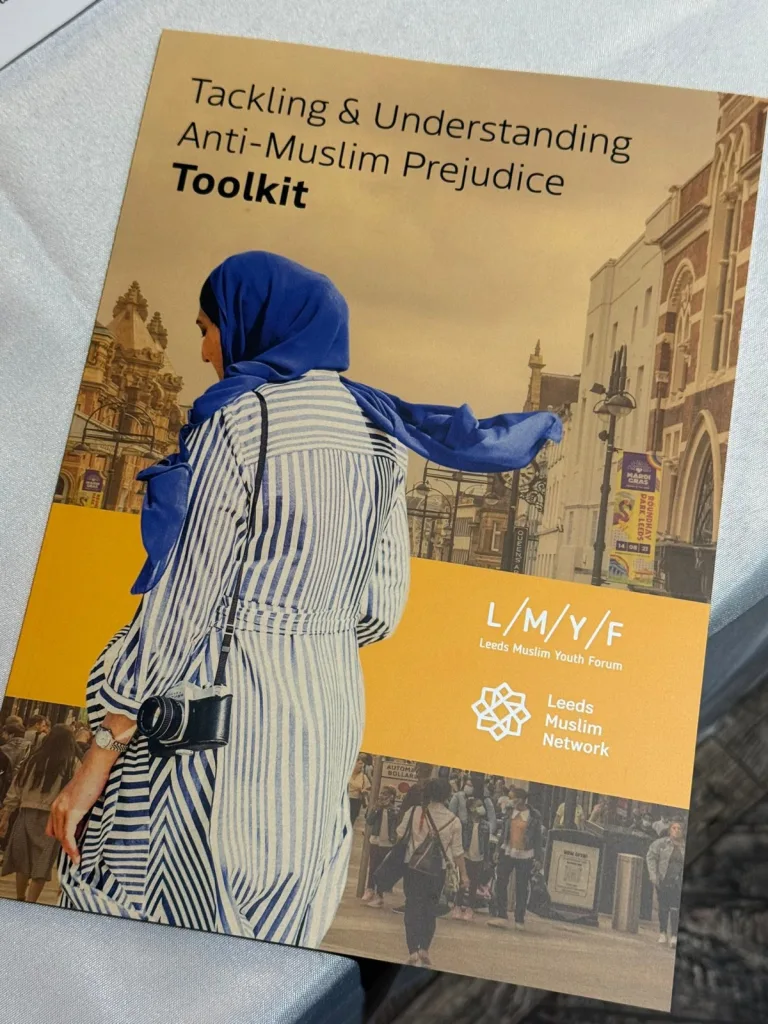
Research and published by the Leeds Muslim Network and the Leeds Muslim Youth Forum (LYMF), it sets out one of the most wide-ranging local strategies in the UK aimed at challenging discrimination, improving reporting systems, strengthening community cohesion and embedding cultural literacy across public and private institutions.
Speaking at the event, cllr Lewis said Leeds had a responsibility to “lead from the front” at a time when Muslim communities across the country are experiencing heightened levels of abuse, hate crime and harassment.
Several speakers noted that anti-Muslim prejudice often goes unchallenged because institutions lack the tools or confidence to intervene effectively.
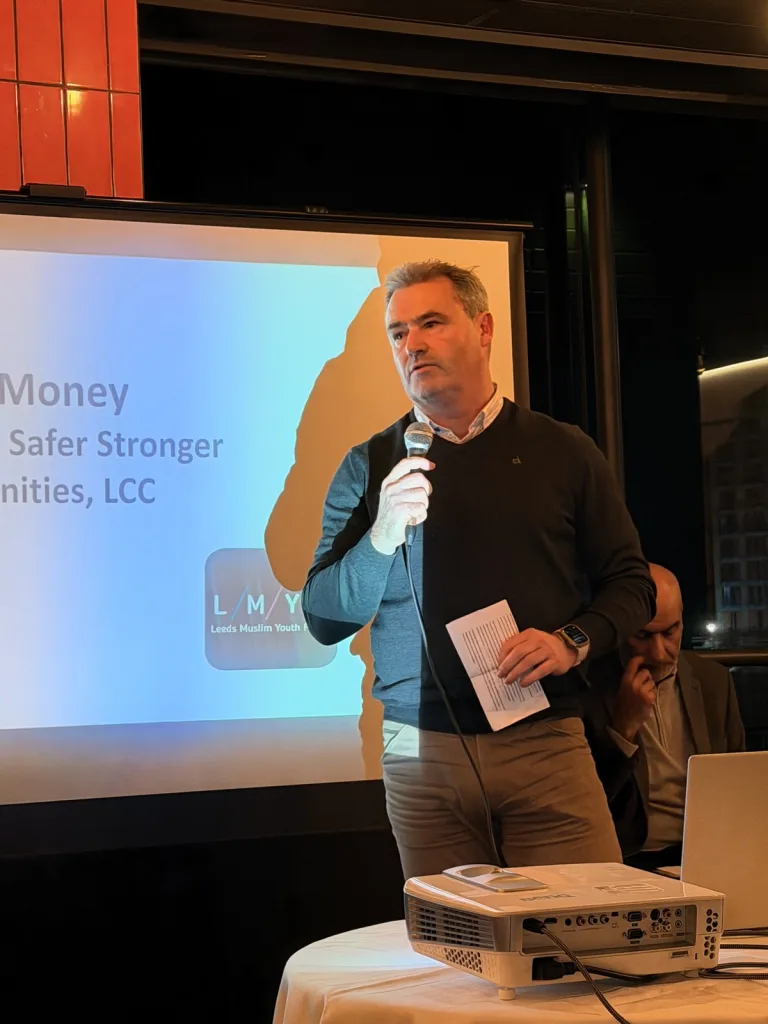
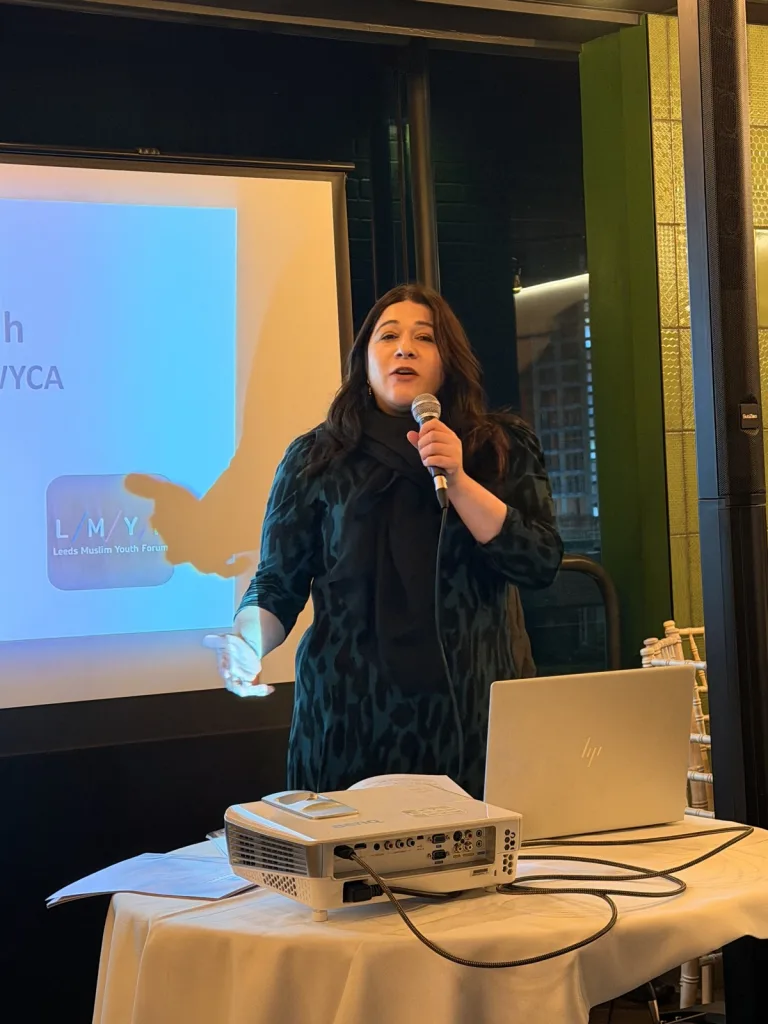
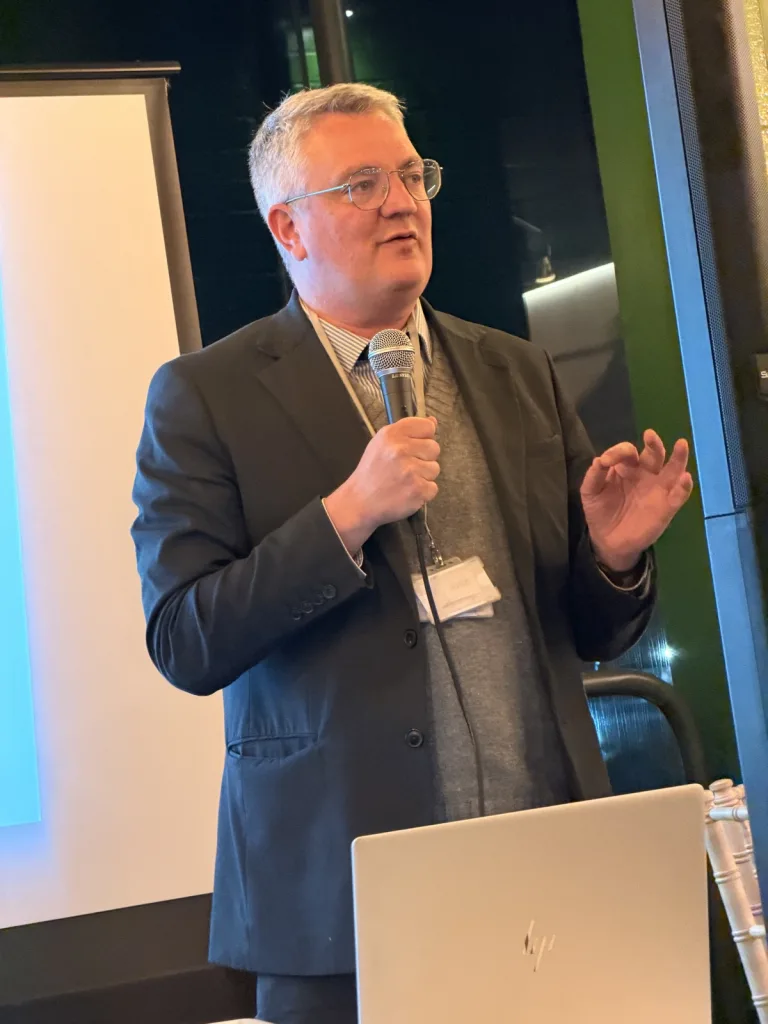
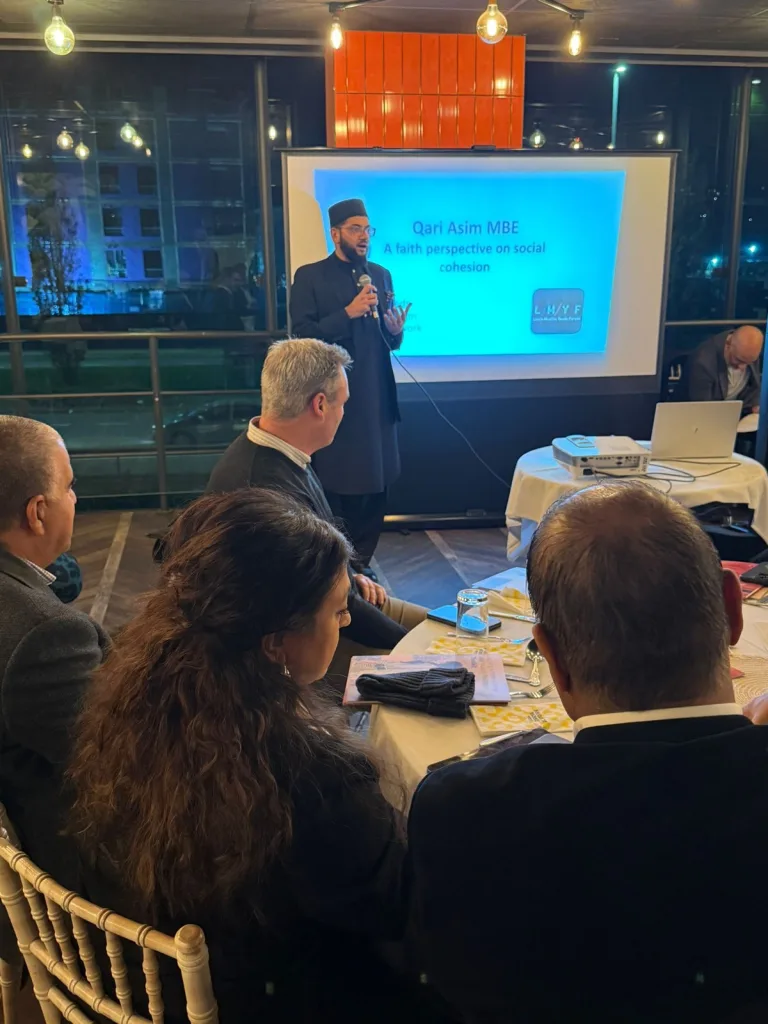
Dr Hanif Malik OBE, a key driver of the toolkit, comments: “This toolkit isn’t symbolic,” he said.
“The ‘Tackling & Understanding Anti-Muslim Prejudice Toolkit’ draws on extensive community engagement and evidence-based research.
“It outlines what prejudice looks like in daily life from verbal harassment and workplace discrimination to structural inequalities and harmful media narratives, and offers clear guidance – a framework on how organisations can identify, confront and prevent it.”
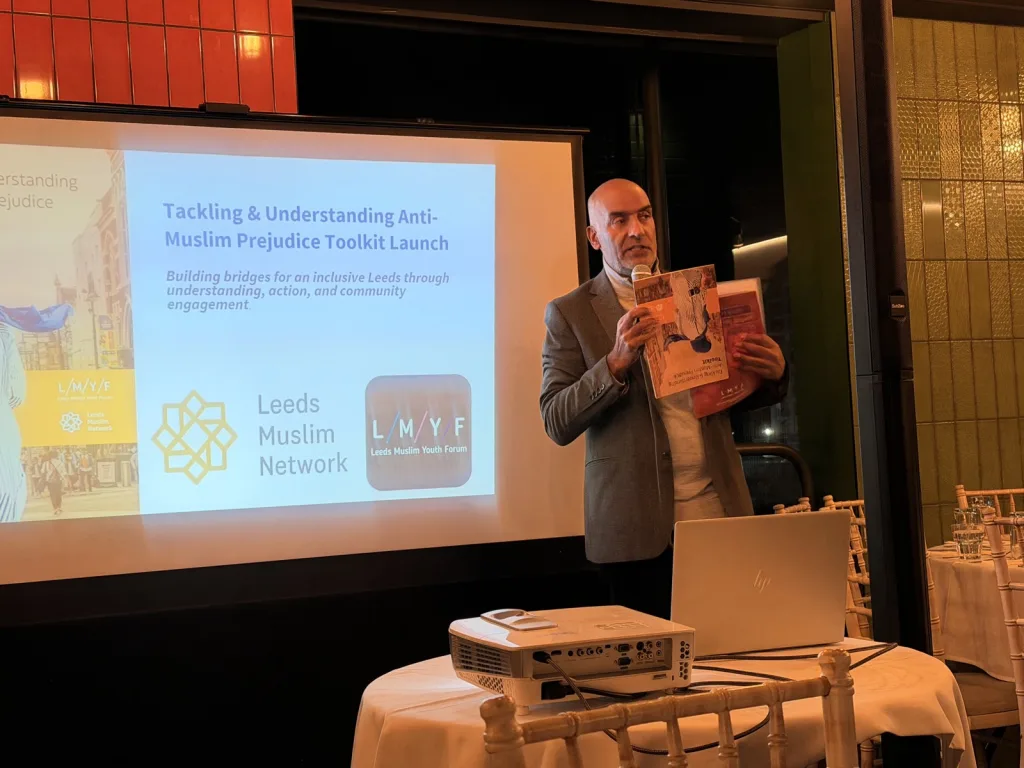
Prominent figures from interfaith networks, youth organisations, equality groups and academic institutions attended the launch, each underscoring the need for action that goes beyond public statements of solidarity.
Speaking at the launch, Andleeb Hanif, Editor, Asian Express said: “Leeds has long prided itself on being a compassionate city, one that leads by example. Now is the moment to prove that compassion isn’t just a value we speak of, but a standard we live by.
“It must be measured through action – by how we protect those who feel most vulnerable and ensure that every resident, of every faith and background, can walk, work, and worship without fear.”
A blueprint for action across Leeds: The toolkit sets out recommendations in six key areas:
- Education: embedding cultural literacy and anti-prejudice modules in schools;
- Workplace practice: improving employer training and creating faith-inclusive environments;
- Public policy: strengthening hate-crime reporting, accountability and data transparency;
- Media culture: challenging inaccurate or inflammatory representation;
- Community cohesion: fostering interfaith dialogue and shared public events;
- Monitoring and evaluation: ensuring initiatives are measured, reviewed and sustained.
“A city that thrives when everyone feels safe”
Leeds’ status as one of the UK’s fastest-growing and most diverse cities loomed large over the event. As the city prepares to celebrate 400 years since it first gained the right to self-govern, speakers stressed the urgent need for inclusive policy-making that reflects its changing population.
Many noted that the toolkit’s strength lies in its practicality: it offers ready-to-use steps for schools, workplaces, charities and public bodies, rather than abstract recommendations. Its authors argue that meaningful change requires consistent, everyday interventions rather than reactive measures taken after incidents occur.
“This can’t stay on a shelf,” said one youth representative. “It has to shape classrooms, boardrooms, community centres and council chambers. Leeds is at its best when everyone feels seen and safe.”
With broad support from city leadership and community stakeholders, the toolkit marks a significant step toward confronting discrimination with clarity and purpose. In the words of one attendee: “This is Leeds saying loudly and publicly: prejudice will not define who we are.”



